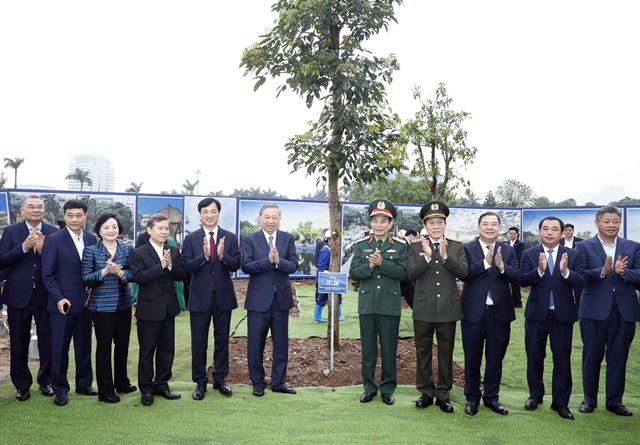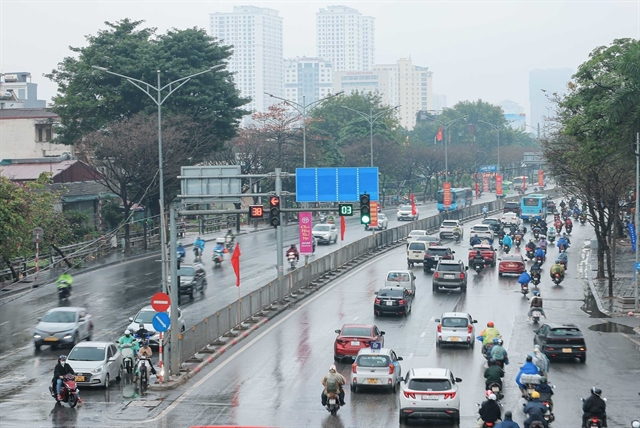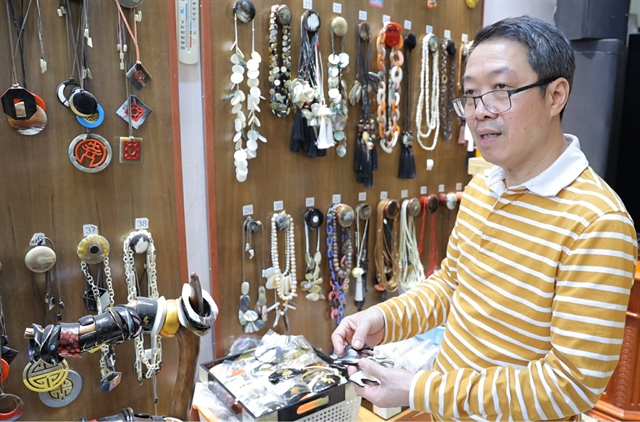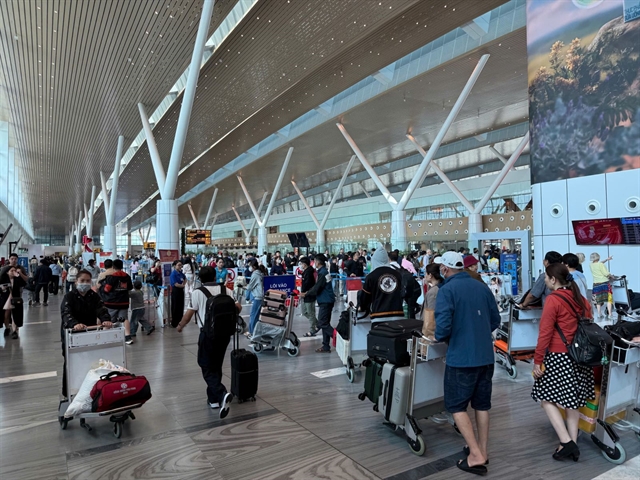 World
World

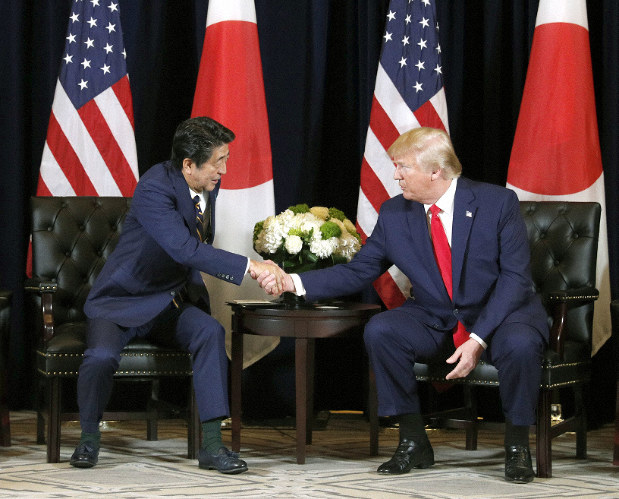
|
| Japanese Prime Minister Shinzo Abe, left, and US President Donald Trump shake hands during their talks in New York on September 25, 2019.— KYODO/VNA Photo |
TOKYO — Japan's parliament approved a trade deal with the United States on Wednesday that cuts tariffs on farm and industrial goods, clearing the way for its entry into force at the beginning of next year.
The deal, agreed by Prime Minister Shinzo Abe and President Donald Trump in September, was approved by the upper house following its passage in the lower house last month. The White House says it does not need to consult the US Congress, meaning domestic procedures in both countries have effectively wrapped up.
Trump has pushed the deal as a way to shrink his country's massive trade deficit with Japan, and to mollify American farmers who were at a disadvantage against international competitors after his decision to withdraw from the Trans-Pacific Partnership regional free trade pact.
Japan will lower or remove tariffs on US$7.2 billion in US farm goods, including a gradual reduction of its 38.5 per cent duty on American beef to 9 per cent. Other US products including pork, wine and cheese will also get greater market access, putting the United States on a level playing field with TPP members such as Australia and Canada.
In return, the United States will remove or reduce duties on Japanese industrial goods such as manufacturing equipment and air conditioner parts.
But the deal does not provide for the removal of the 2.5 per cent tariff on Japanese automobiles, which Tokyo desperately wants and Washington had granted under the TPP before it pulled out. Instead, it states that auto duties are "subject to further negotiations."
Despite the Abe administration's assurance that this is a "win-win" arrangement that will be a boon for Japanese consumers, opposition lawmakers have argued that Tokyo is getting the short end of the stick.
They have also criticized the administration's claims that the trade deal will boost Japan's gross domestic product by 0.8 per cent, or around 4 trillion yen ($37 billion), because the estimate presupposes the removal of the auto tariffs, which they argue is far from a done deal.
After the deal enters into force, the countries have agreed to conclude consultations for further trade talks within four months. Then discussions between their lead negotiators, Japanese Foreign Minister Toshimitsu Motegi and US Trade Representative Robert Lighthizer, will start again in earnest.
The United States is seeking a full-fledged free trade agreement that covers areas including services and investment.— KYODO

